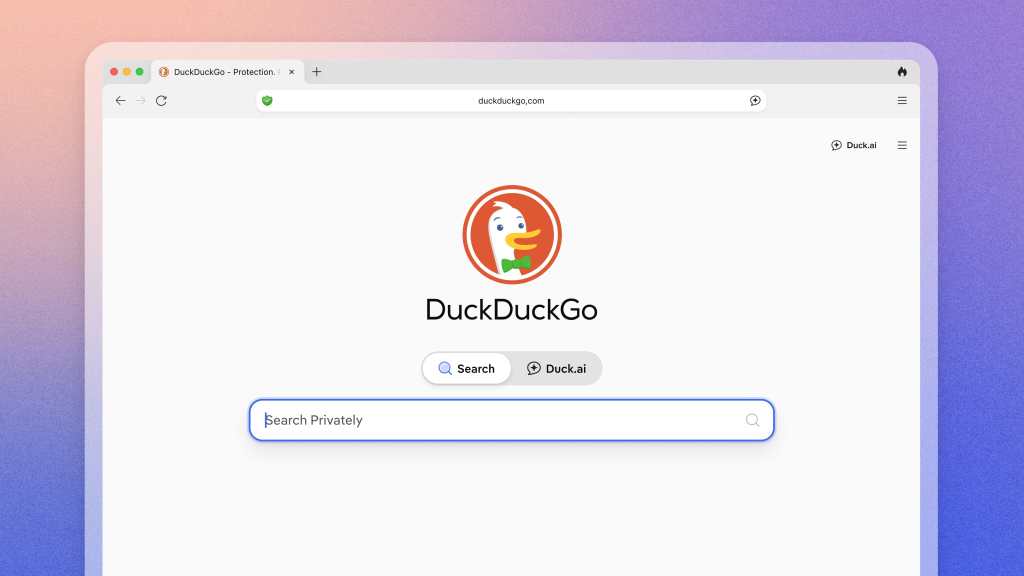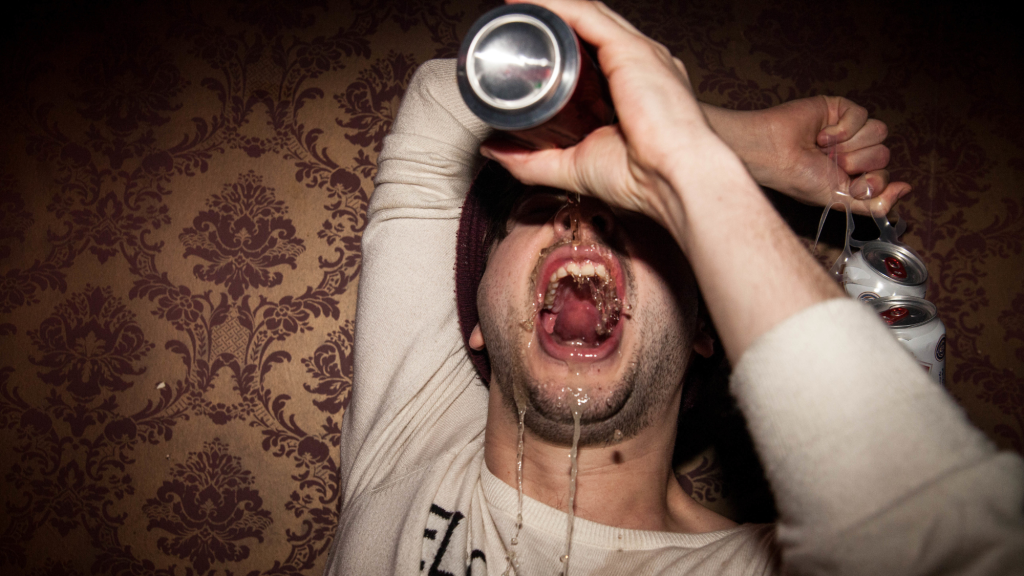This article is part of the Voices of School Shooting Survivors project, a series by VICE.com intended to shine a light on victims of school shootings across the country.
On April 20, 1999, two gunmen killed 13 and injured 24 at Columbine High School in Colorado. Heather Martin and 60 of her classmates were holed up in the school’s choir room.
Videos by VICE
My sister and I are both survivors of the shooting at Columbine High School on April 20, 1999, and our stories from that day are vastly different. I don’t even have the same memories of the day as the 60 others I was trapped in a small, hot choir room for close to three hours with. Sure we were going to die, I remember we each took turns writing our names on the walls. But I don’t recall the fire alarm going off the entire time we were locked down. The particular details are warped through the lens of trauma.
However, one similarity we have is that we both felt—all survivors feel—a deep connection to those who went through the experience with us. When we went out, we hugged people whose names we didn’t know, but we knew they looked familiar and went to Columbine. We hugged people from our jewelry class, from our gym class, from our English classes; students we had never talked to for any significant length outside of school before we now shared a bond with. These were our people—they knew what we knew, had seen what we had seen.
But as time passed—months, days, years—we went out into the world that no longer provided those connections. I turned 18 two days after the shooting, graduated a month after, and moved out of my parent’s house two months after that. I went to a local community college where I was not with those who had been at Columbine with me. Instead I was surrounded by strangers who had no idea why I started crying when the fire alarm went off, or could not understand why I struggled to write about school violence in my English essays.
Without the support system of my fellow survivors, I slowly stopped going to classes and eventually dropped out. I tried drugs and developed an eating disorder. I stopped telling people what I had been through. Survivors of any kind can be a little leery of telling their stories out of fear of feeling judged. I struggled for nearly ten years after the shooting for that reason.
I felt judged, both from my new classmates and from myself. They didn’t understand the “traumatized” girl who could burst into tears at any moment or who could be triggered into fits of paralysis by frayed nerves. They didn’t understand why I didn’t like balloons or felt uneasy in grocery stores or other places that didn’t allow me to clearly plot an exit. At the time, I didn’t understand it either, and wondered how long it would take for me to get “over it.”
The truth I didn’t know then was that you never do. Eventually, with some therapy and my brother’s support, I went back to school. I’m now a teacher, and I share my story with my students every year. I’m actually gearing up to do a full school presentation to the students about my story (very intimidating, actually). Every time I talk with younger kids, I realize the gap. We didn’t have lockdowns or drills before April 20, 1999. Now, because of what happened that day and since, they’re commonplace.
I share my story with my students for a couple reasons: First, they need to know how serious the drills are and why they are important. Secondly, it helps build a connection between us. I show my vulnerability by sharing my story and parts of my recovery. In turn, the kiddos typically feel more comfortable sharing their stories with me.
In the 19 years since Columbine, I have seen minimal footage of each subsequent shooting. I made the mistake of watching about five minutes of the Virginia Tech shooting coverage and ended up having panic attacks for days after. I avoided any coverage of the shooting at Sandy Hook Elementary and watched only a couple brief minutes of the shooting at Century 16 in Aurora, Colorado, where I teach today.
It was after that Aurora shooting, in 2012, that I co-founded a non-profit called The Rebels Project, which seeks to supply survivors with a unique support system along their healing journey. A big part of that is allowing them an opportunity to share their experiences and own their stories, free of the judgement we survivors can feel, a resource I could’ve used in the years I struggled after Columbine.
Today we fly out to various communities and support our new family—I’ve met with survivors at Newtown, Virginia Tech, the Pulse Nightclub shooting in Orlando, Washington Navy Yard, Azana Spa shooting, and now Parkland. The Rebels Project also holds an annual gathering where we are able to connect and feel normal and understood among other survivors without having to explain ourselves and some of the ways our lives have changed. Unfortunately, our survivor community keeps growing. And if Columbine and what’s happened in the 19 years since is any indication, we will be needed long after the cameras go away.
More
From VICE
-

Photo: dbvirago / Getty Images -

Credit: DuckDuckGo -

Photo: Oleg Breslavtsev / Getty Images -

Photo: HEX / Getty Images
